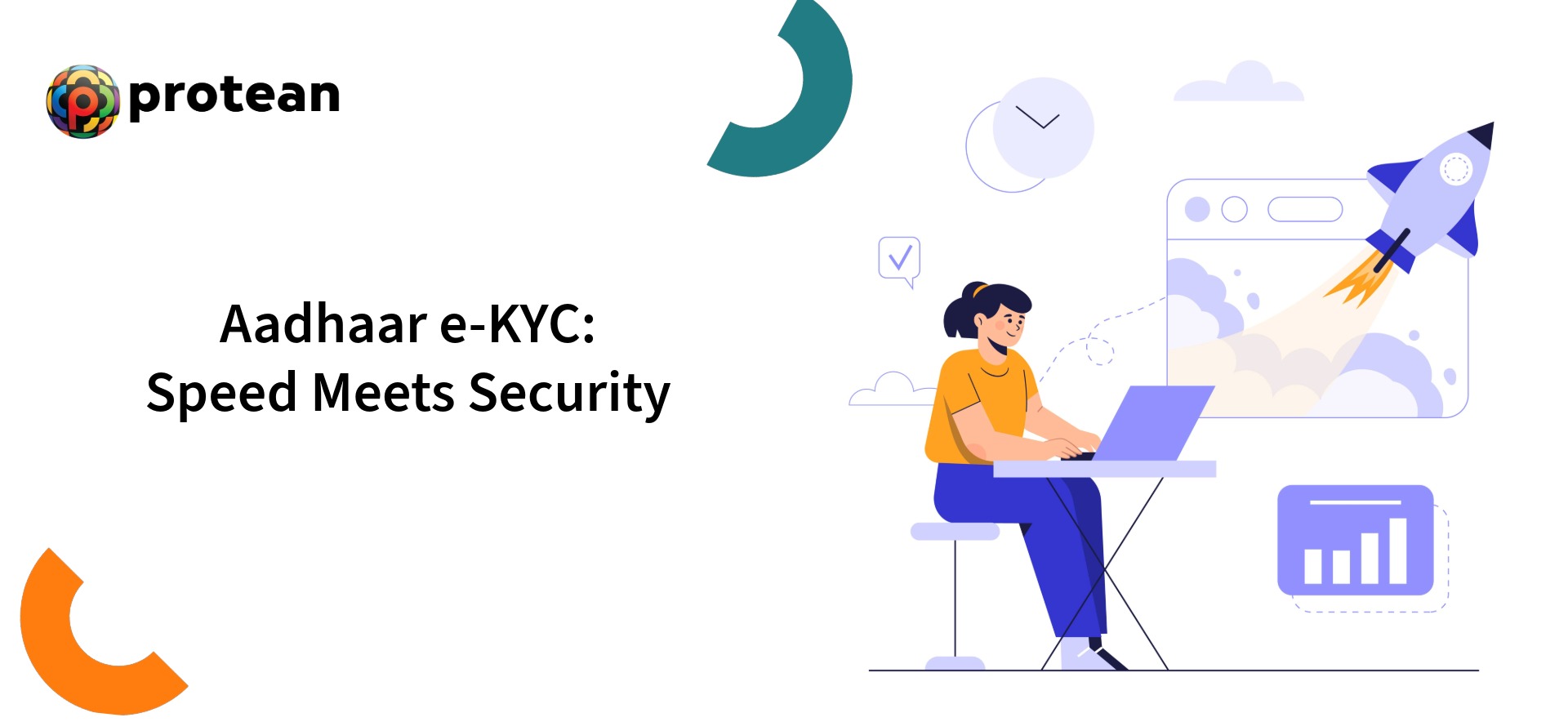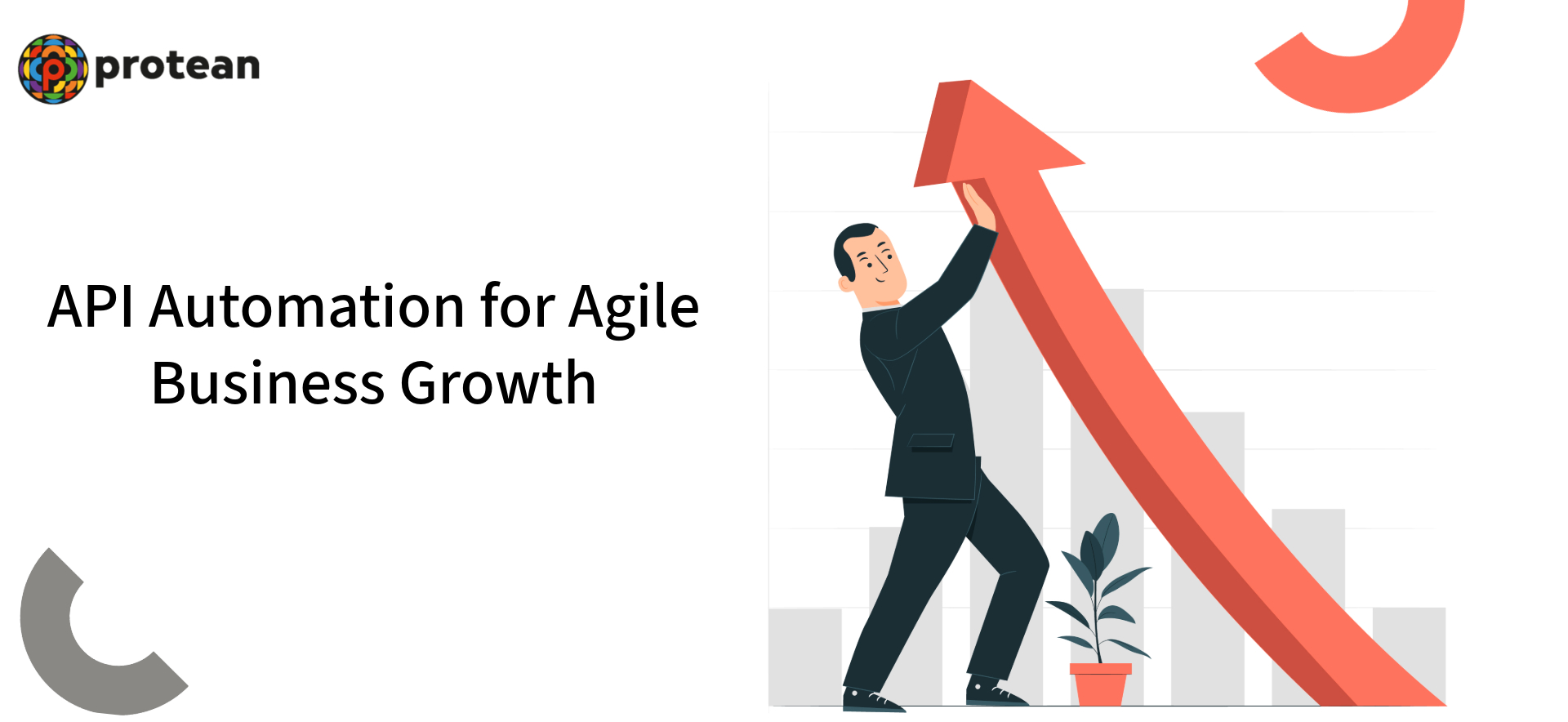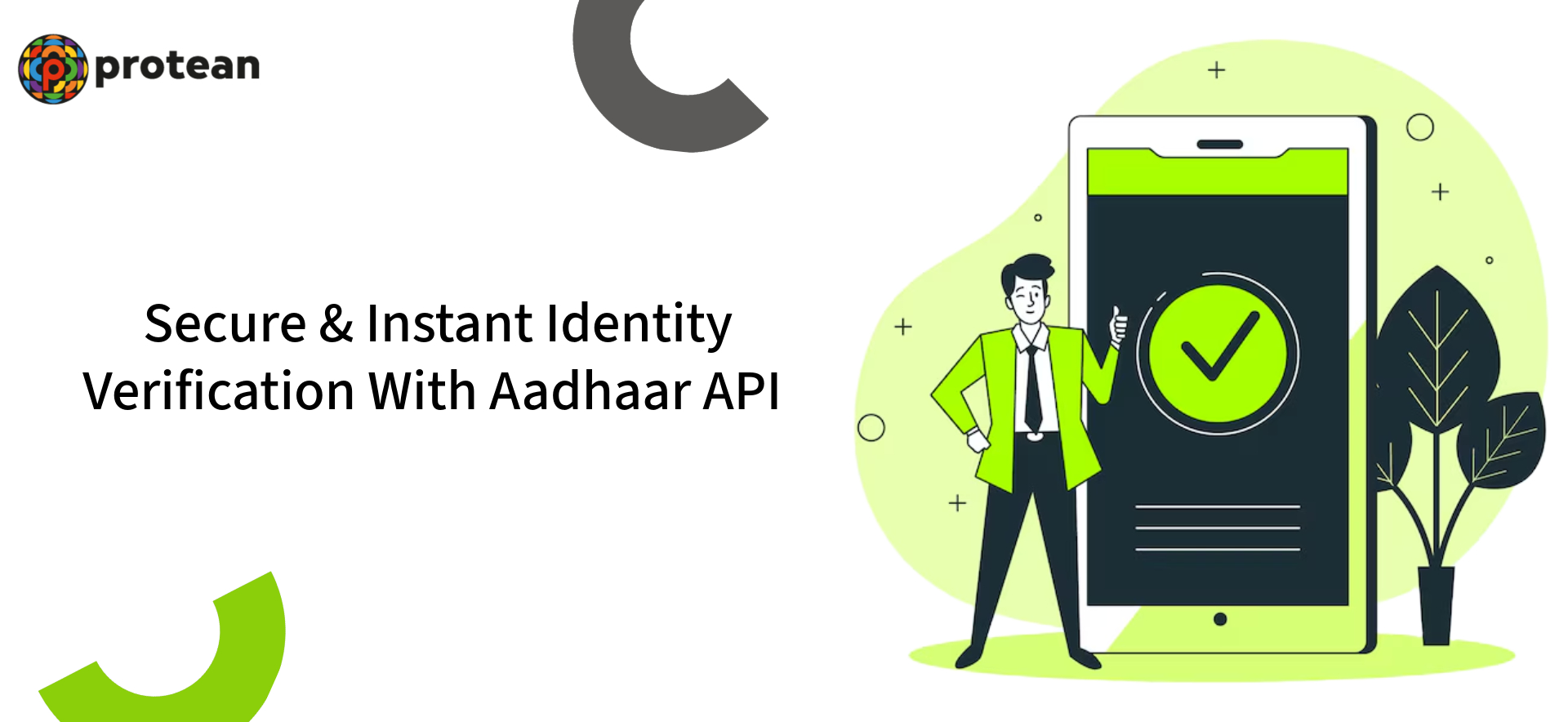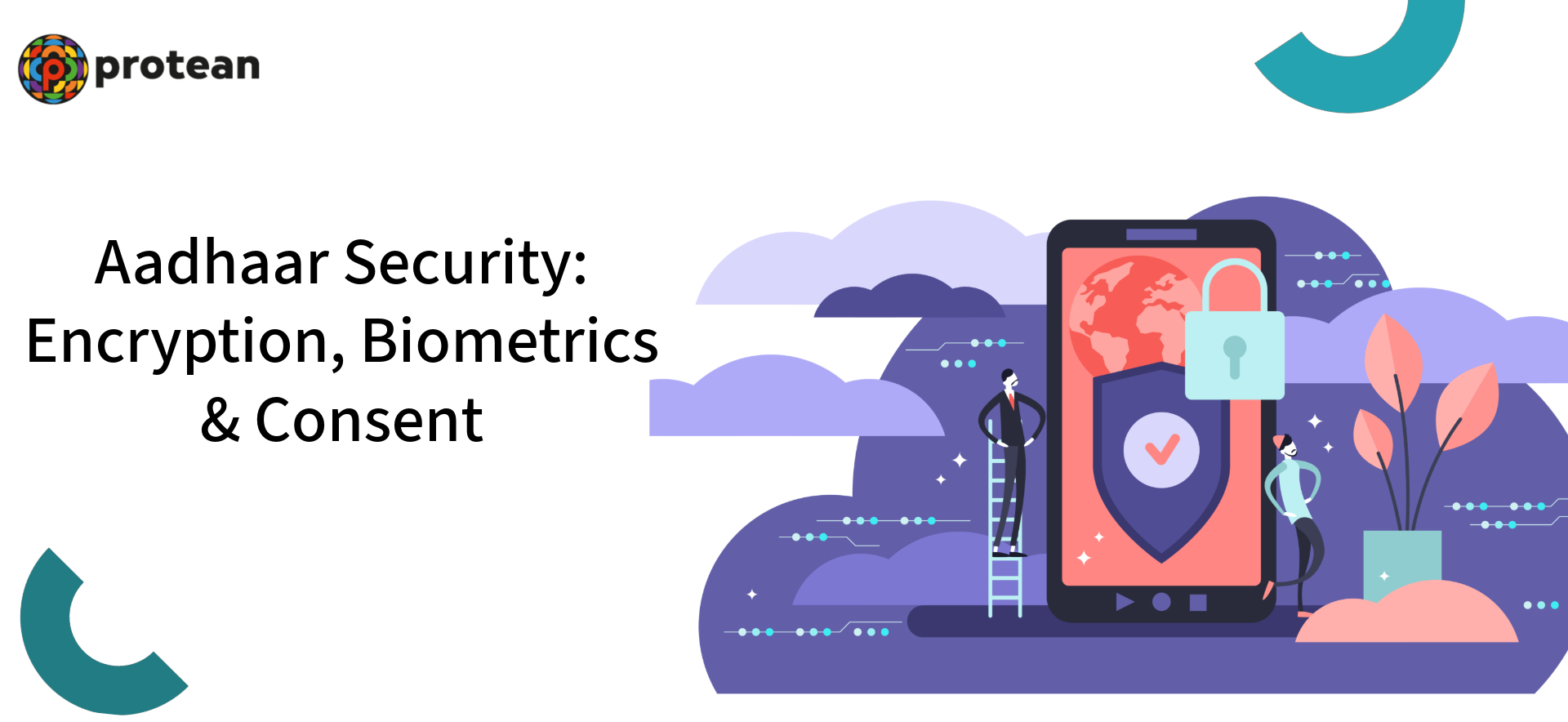Blogs
Aadhaar Verification Online: The Key to Customer Onboarding and Growth
Aadhaar verification online can add a lot of convenience to your business. But how can Aadhaar verification help?
Customer onboarding can be challenging due to slow and disorganised processes causing customers to drop out midway. Traditional KYC workflows characterised by extensive paperwork, manual identity checks, and repetitive verification steps often take several days to complete.
| Digital Aadhaar-based e-KYC processes can facilitate complete quick identity verification. |
Traditional inefficiencies can also inflate customer acquisition costs. In the era of the digital economy, fintechs, neobanks, and agile startups deliver nearly instant onboarding experiences and institutions that fail to accelerate and simplify KYC, risk losing potential customers before engagement even begins.
Let us learn more about Aadhaar verification online and how it’s the key to customer onboarding and growth.
The Traditional Roadblocks
Traditional identity verification processes can heavily rely heavily on the following:
- Physical documents
- In-person verification
- Manual review of records.
It has following bottlenecks which can increase operational risks:
- Time consuming processes
- Higher probability of human error
- Compliance related challenges like inconsistent documentation, duplicate records, and systemic delays.
For financial institutions, slow KYC processes can translate directly into lost customers and higher per-customer acquisition costs. The economic survey highlighted digital KYC lowers cost and time compared with legacy approaches.
What is Aadhaar Verification Online?
One can refer Aadhaar verification online to electronic identity authentication that uses the Aadhaar system administered by UIDAI.
This can take several forms such as:
o OTP validation
o Biometric matching (fingerprint/iris)
o Paperless offline e-KYC (digitally signed XML)
o Newer face-authentication solutions.
Aadhaar-based e-KYC can confirm that a customer’s provided identity attributes match those held in the central Aadhaar database. The service is typically offered via secure APIs that can integrate with institutions’ onboarding workflow and return real-time verification results.
Recent UIDAI volumes show that Aadhaar authentications and e-KYC transactions run at very large scale (18.6 crore face authentication transactions in August 2025), underscoring both adoption and reliability.
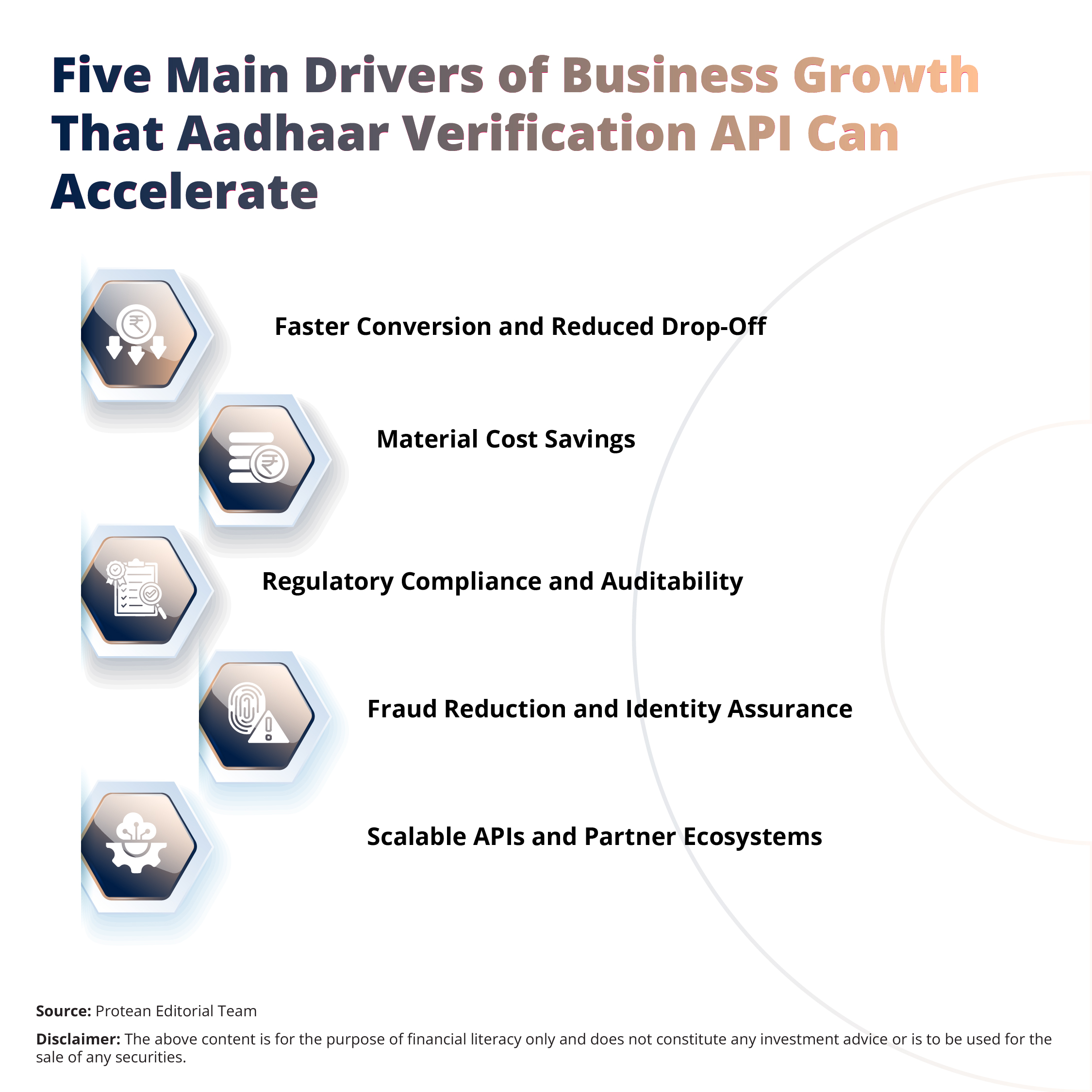
Five Main Drivers of Business Growth
Let us look at how smart and simple online verification system can drive business growth:
1. Faster Conversion and Reduced Drop-Off
Online Aadhaar verification can reduce onboarding time from days to just minutes.
This speed can help more applicants complete the process and become active customers.
A smoother, faster start can also improve customer experience. This is especially important in competitive sectors like retail lending, mutual funds, and digital banking.
2. Material Cost Savings
Digital authentication can eliminate manual checks and paperwork. Studies show that e-KYC is far cheaper than traditional verification methods. Thus, businesses can lower customer acquisition expenses and improve profitability for every new account by cutting verification costs.
3. Regulatory Compliance and Auditability
Aadhaar-based verification follows UIDAI standards and leaves a clear audit trail.
The paperless offline e-KYC can use digitally signed XML files, ensuring data accuracy and recording customer consent.
Institutions can easily show compliance to regulators and auditors in a consistent manner, by using certified Aadhaar authentication methods.
4. Fraud Reduction and Identity Assurance
Biometric and face authentication can add strong security by confirming that the person is real and not using forged documents.
As adoption of these methods grows, businesses can verify identities with greater confidence and reduce fraud losses.
5. Scalable APIs and Partner Ecosystems
Modern Aadhaar verification is consumed via APIs provided by technology vendors who bridge UIDAI integrations and enterprise systems.
Providers such as Protean eGov Technologies Ltd. can offer Aadhaar authentication APIs that can enable the following:
- Near real-time checks
- Simplified integration
- Service level guarantees.
The platform can allow firms and institutions to plug identity verification into digital onboarding flows, CRM systems, and mobile apps without heavy engineering overhead.
The API model can accelerate product launches and support rapid scale.
Collectively, these drivers can not only improve acquisition economics but also create a foundation for cross-sell, higher lifetime value, and better portfolio performance. Faster, secure onboarding enables firms to convert marketing spend into active revenue quickly and to maintain higher customer satisfaction scores.
Real-World Examples: Industries on the Rise
Aadhaar verification online is already reshaping multiple sectors. Mutual funds and asset managers now require updated Aadhaar-linked KYC for investors, which simplifies systematic onboarding for digital SIPs and online investment platforms.
Telecom operators, fintech lenders, and government services use Aadhaar e-KYC and face authentication to scale customer acquisition and benefit delivery with lower fraud. These early adopters report measurable reductions in onboarding time and operational costs.
Conclusion
The future of customer onboarding is digital, consent driven, and API enabled. Aadhaar verification online is a core building block of that future in India.
It can combine:
- Regulatory acceptability
- Cost efficiency
- Strong identity guarantees.
Firms that adopt robust Aadhaar authentication implemented through trusted platform partners and compliant processes will capture faster growth and better margins.
| The strategic question for executives now is how quickly and safely they can embed Aadhaar verification into customer journeys. Add speed, accuracy and simplicity to your verification processes now. Contact Protean eGov Technologies for details. |
Frequently Asked Questions (FAQs)
- Is Aadhaar verification online mandatory for all services?
No. Use of Aadhaar e-KYC is subject to law, sectoral rules, and explicit customer consent. Some regulated services mandate Aadhaar linkage for specific actions, while others offer alternative KYC routes.
- Is paperless offline e-KYC secure?
Yes. Paperless offline e-KYC is digitally signed by UIDAI and can be validated by service providers. It preserves privacy because the Aadhaar number need not be shared when configured correctly.
- Can Aadhaar verification reduce fraud?
Aadhaar verification, especially with biometrics or face authentication, significantly reduces impersonation and document fraud. However, firms should adopt layered controls for maximum protection.
- How do businesses integrate Aadhaar verification?
Integration is typically via certified Aadhaar authentication APIs offered by platform providers. These APIs handle UIDAI connectivity, consent capture, and result reporting, enabling rapid integration into digital onboarding flows.

